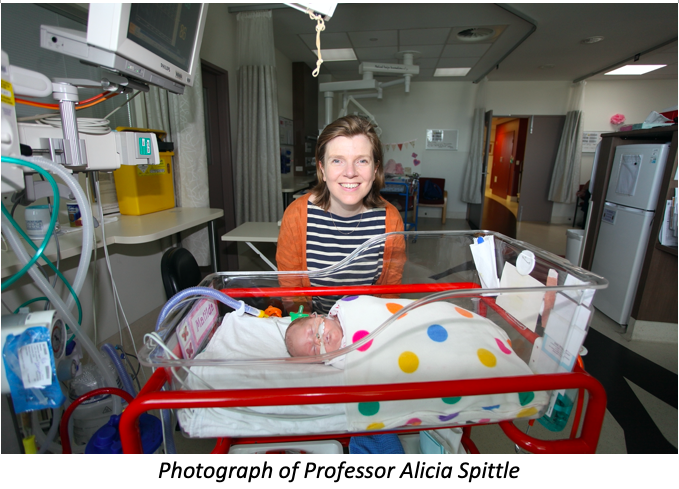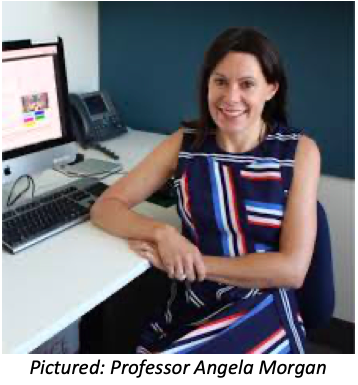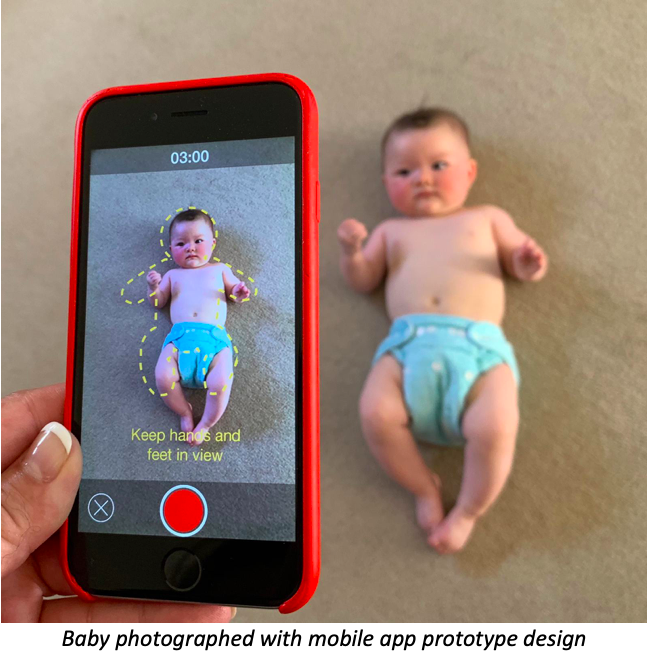Congratulating Prof Alicia Spittle and Prof Angela Morgan on $1.8M MRFF Grant for Infant Tele-rehabilitation
In this increasingly virtually driven world, tele-rehabilitation is more crucial than ever. As stated in MP Greg Hunt’s recent announcement of the Government’s $27M investment in research and public health, remote health services have now become critical in promoting health and preventing illness. We are delighted to announce University of Melbourne’s Professor Alicia Spittle, Department of Physiotherapy and Professor Angela Morgan, Department of Speech Pathology contribution to telehealth through their $1.8M MRFF Grant for pre-term infant tele-rehabilitation.
Professor Spittle’s research project ‘Tele-rehabilitation for early intervention to improve neurodevelopmental outcomes of infants born preterm and their patients' wellbeing: a randomised controlled trial’ seeks to develop a telehealth program for families with babies born preterm. With an increasing need for virtual clinical support, Prof Spittle and her team aim to develop a program that makes telehealth accessible to all babies and their families – whether in metropolitan Victoria or in remote and regional areas.
Prof Spittle research will address the lack of consistency in allied health early intervention for families of babies who are born pre-term. The program will focus on creating a systematic service for preventative care program that enables babies who have a diagnosed disability, as well as, those with more subtle problems to have equal access to therapy. While being delivered by a physiotherapist, the program will have input from psychologists, paediatricians, speech pathologists and occupational therapists. This holistic therapeutical approach will increase the accessibility to these areas of development to many families with standard care.
The tele-rehabilitation component will be through a mobile app and Zoom video conferencing. In association with the Department of Engineering at the University of Melbourne, Prof Spittle and her team aim to create an app from which families can access the content at any time. Zoom video conferencing will serve to complement the mobile app usage by providing personalised input through doctor and therapist interaction.
As stated by Prof Spittle: “we hope to create an intervention that can be accessed to anyone throughout Australia, and in fact, internationally.” Prof Spittle and her team have international partners based in America, whom they intend to train in using these interventions to deliver this program throughout the world.
 The $1.8M MRFF Grant is led by the Department of Physiotherapy but Prof Spittle and her team will be working in close association with the Department of Speech Pathology, Department of Paediatrics, the Departments of Obstetrics and Gynaecology, and the School of Population and Global Health. The project will also involve collaboration with Monash University, La Trobe University, and the Murdoch Children’s Research Institute.
The $1.8M MRFF Grant is led by the Department of Physiotherapy but Prof Spittle and her team will be working in close association with the Department of Speech Pathology, Department of Paediatrics, the Departments of Obstetrics and Gynaecology, and the School of Population and Global Health. The project will also involve collaboration with Monash University, La Trobe University, and the Murdoch Children’s Research Institute.
The five-year Grant will fund the research project studying the development of babies in Victoria born in the Royal Women’s Hospital, Monash Children’s Hospital, the Royal Children’s Hospital, the Northern and the Western Hospitals. The first two years will focus on recruiting an intended number of 466 babies and their families. The intervention will then run for one year, followed by tracking the progress of the babies until they are up to two years old.
Prof Spittle and her team can determine the success of the intervention in improving the child’s development using the ‘Baley Scales of Infant and Toddler Development’ (Bayley-IV) assessment, amongst other measures used in the study. When the babies are at two years of age, Prof Spittle’s research team will test the babies’ motor, cognitive and language skills using the Bayley-IV.
An integral part of the program will also be monitoring the parents’ mental health. Throughout the program, Prof Spittle and her team will monitor and support the parents’ wellbeing, with a focus on managing anxiety and depression. As Prof Spittle explained: “by supporting families during this challenging time in this first period of life, we can encourage the parents’ crucial role of interacting and playing with their babies to enrich their environment, which we know is related to improving outcome and overall wellbeing.”
Prof Spittle and her associates aim to implement this program for everyone into clinical practice. Prof Spittle stated: “We’re extremely grateful to the MRFF for the opportunity to test this intervention via telehealth in a large trial.”
We look forward to hearing how the program progresses and are excited to see the University of Melbourne contribution to Australia’s future in tele-rehabilitation.
For more information click here.